Angela McCann at Rutherford Cross shares insight from our latest Next Generation CFO speaker, Standard Life CFO Luke Savage.
Earlier this week we held our final Next Generation CFO event of 2015 and were lucky enough to have Luke Savage, CFO of Standard Life, addressing an audience of finance professionals at the Roxburgh Hotel in Edinburgh.
It was a real success to have the CFO of a FTSE 50 organisation close our 2015 programme, which has featured a range of financial heavyweights from organisations such as Sainsbury’s Bank, Clyde Blowers Capital, Forth Ports plc, and Aggreko.
Luke started by giving our audience an insight into his early career. An engineer by trade, Luke described himself as an ‘accidental accountant’ who has progressed by reacting to opportunity as it has presented itself rather than by rigorous planning, resulting in an interesting career working with Price Waterhouse, Morgan Stanley, Deutsche Bank, Lloyd’s of London, and Standard Life.
Luke put much emphasis on communication and influencing as key skills for progression, and also echoed the sentiments of many of our previous speakers by stressing the importance of hiring and managing a great team as a route to career progression. Some of his key points are captured below:
Progression takes Commitment
Although Luke has worked for a number of organisations, he is not an advocate of jumping roles in order to move up the ladder, and indeed has spent 20 years of his career with just two organisations. He firmly believes that it is fair for investment of time and development to go both ways between employer and employee.
He did, however, encourage our audience to use their grounding in accountancy as a platform from which to make the leap into other roles and sectors. Accountancy can offer a framework to solve multiple problems, especially as the level of detailed knowledge often decreases as people move up in an organisation, so there is always the need for effective, trustworthy people.
Communication is Key
Although not often thought of as essential skills for finance professionals, Luke emphasised the need for great communication skills, as the finance team will often need to translate complex jargon into easily understandable and digestible form to disperse around the rest of the business.
Good communication skills are also on Luke’s ‘must have’ list for professional development and understanding, citing the benefits of understanding NLP and other techniques in order to effectively influence people through communication, and also in order to understand what they are looking for from the interaction.
Self-Evaluation and Perception
In addition to being an effective and empathetic communicator, Luke believes that working on your perceived capability within a business is also essential to progression. Having the ability to honestly self-evaluate, showcase your skills and achievements as well as surrounding yourself with a first class team will gain you a reputation for making things happen, making you an attractive candidate for progression and promotion.
Serve your Team
Luke’s leadership philosophy is heavily focussed on ‘servant leadership’, leading your team by supporting them and addressing their own needs. Creating a strong, supported and satisfied team not only allows you to deliver for your business, but also highlights your strength in leadership.
Learn from the Best
Throughout Luke’s career, he has benefited from the experience and expertise of mentors from across sectors, highlighting that leadership skills are not sector specific, and indeed that learning from those outside your sector can bring its own benefits. Creating a strong team of colleagues, consultants and mentors can be hugely beneficial to your career progression.
It was clear from his discussion that Luke fully understands that people are at the heart of business success, and that building relationships is essential. At Rutherford Cross we understand the individual skills that help to make a great team, and how to help you progress. For a confidential discussion, email [email protected] or call the team on 0131 603 8111/0141 611 7770.







